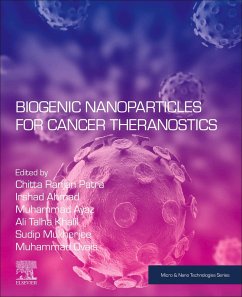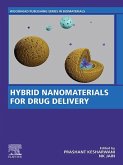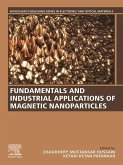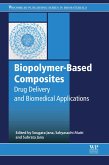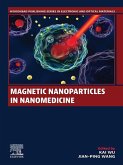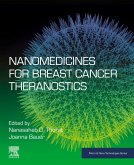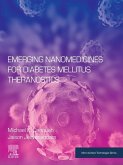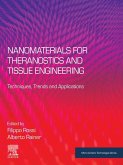Metal nanoparticles have traditionally been synthesized by classical physico-chemical methods which have many drawbacks, such as high energy demand, high cost and potential ecotoxicity. As a result, the biosynthesis of metal nanoparticles is gaining increasing prominence. Biosynthesis approaches to metal nanoparticles are clean, safe, energy efficient and environment friendly.
- Explains the synthesis methods and applications of biogenic nanoparticles for cancer theranostics
- Outlines the distinctive features of biogenic nanoparticles that make them effective cancer treatment agents
- Assesses the major challenges of using biogenic nanoparticles on a mass scale
Dieser Download kann aus rechtlichen Gründen nur mit Rechnungsadresse in A, B, BG, CY, CZ, D, DK, EW, E, FIN, F, GR, HR, H, IRL, I, LT, L, LR, M, NL, PL, P, R, S, SLO, SK ausgeliefert werden.

